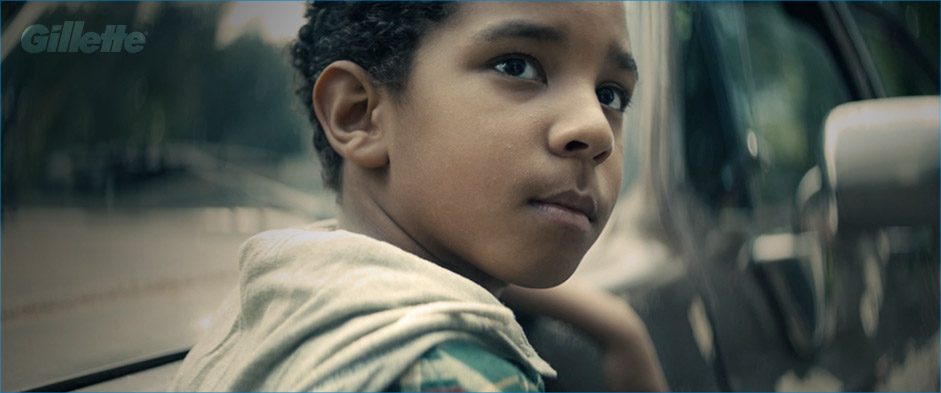For three decades, Gillette promised its customers “The Best a Man Can Get.”
An individual. Acquisitive. Assertive. And always clean-shaven.
This was the vision of masculinity depicted in an ad campaign that debuted in January 1989 during Super Bowl XXIII. The early days of the George H.W. Bush administration and the end stage of the Cold War, it was the year of “Indiana Jones and the Last Crusade.” Promoting Gillette’s top-of-the-line Atra razor, the 60-second spot portrayed variations on a single theme: A white man scoring, whether at the office, on an athletic field or with a woman. The one specific location it invoked was Wall Street, the arena of the ultimate alpha male.
Now, Procter & Gamble, the maker of Gillette, is out with a new ad, “We Believe,” that challenges the image of masculinity it once promoted. The consumer goods company, whose net sales totaled $66.8 billion last year, has ignited a debate about gender and cultural branding, as well as about the power exercised by multinational corporations in shaping evolving ideas about family and relationships in the #MeToo era.
“Bullying. The #MeToo movement. Toxic masculinity.” The headlines resound as men — black and white, young and old — peer at themselves in the mirror. “Is this the best a man can get?” asks the narrator of the ad, released Sunday on YouTube and shared Monday on Twitter. The scenes that unfold suggest that the answer is no, and point to a new mantra: “The Best Men Can Be.”
The new Gillette men are a community, concerned more about who they are than about what they can acquire.
But some men want out of that community. Piers Morgan, the TV presenter, blasted the ad, writing, “this absurd virtue-signalling PC guff may drive me away to a company less eager to fuel the current pathetic global assault on masculinity.”
The nearly two-minute spot, created by the New York-based advertising agency Grey and directed by Kim Gehrig of the UK-based production agency Somesuch, represents the latest corporate foray into the culture wars. Last year, Nike stock soared after it unveiled a September advertising campaign featuring Colin Kaepernick, the NFL star whose protest against police violence drew the ire of conservatives who decried his decision to kneel during the national anthem.
Source: Washington Post





Comments are closed for this post.